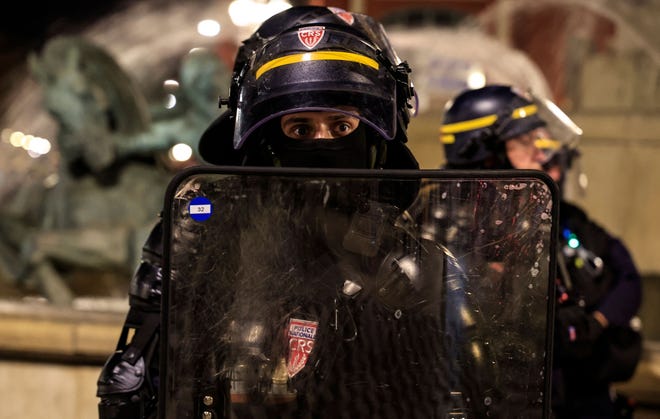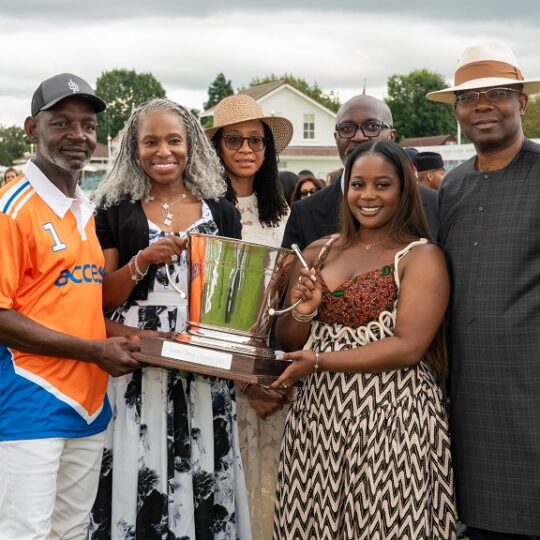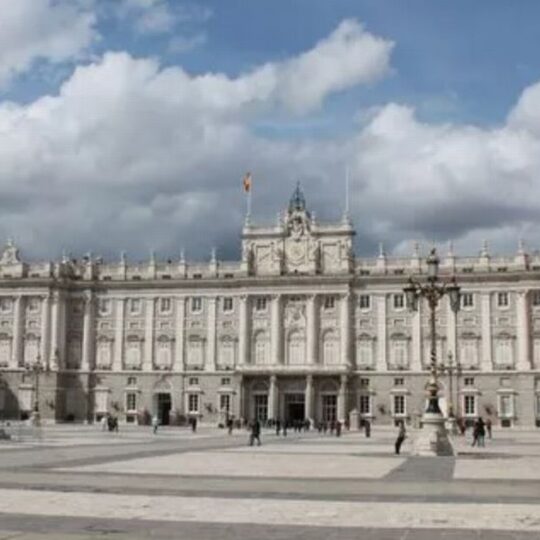

Was this France’s “George Floyd moment”? Some in the country described it that way.
French police have come under scrutiny after a 17-year-old boy of Algerian and Moroccan descent identified as Nahel M. was shot and killed last week by a police officer as he attempted to flee a traffic stop in Nanterre, a Paris suburb. The incident led to riots across French cities, with hundreds of cars and buildings set on fire and looting, mostly by minors. Schools, city halls and police stations were attacked.
Over the weekend, rioters fired rockets at the suburban home of the mayor of one area of Paris, injuring his wife and children. Tens of thousands of police officers were deployed to try to restore calm. A heavy police response appeared to make an impact. As did an appeal on French TV made by the slain teenager’s grandmother, who urged rioters not to “smash windows, attack schools and buses. Stop. It is mothers who take those buses.”














